So, I watched this film over and over again and every time it took on a new meaning, some things were unravelling afresh each time. I was always on the side of the idealists, but their limitations and flaws kept coming up. I never felt attracted to the pragmatists; but I never felt contempt towards them either. On the contrary, their importance became more and more clear day by day. The realization of what the idealists lacked made me sad from time to time; but I also knew that without them, our society and our lives would not be on the right track.
One afternoon sometime in early 1996, I was walking past the 'Vijay' theater on Lakshmi Road in Pune. There was a large poster outside - black and white - with a Gandhi cap hanging on a stick and a sentence at the top: 'What’s hiding under this cap?' After seeing that poster, I went inside 'Vijay' theatre. There was another larger poster inside with the faces of Nilu Phule and Sriram Lagoo and 'Samana' in big letters below them. I thought that this was something different, and decided to watch the movie.
At that time, it had been just a few months since I had come to Pune to study after grade 12. Before that, I had lived in Ahmednagar from grade 5 to 12. But I had started watching movies in the real sense, when I was in grade 10 and had watched more than a hundred Hindi films in the next three years. It seemed to me that all those movies could be classified into two groups. One group was called ‘Love’ and the other group was ‘Revenge’. With such a background, I entered ‘Vijay’ theatre.
I left the theatre after watching 'Saamana', completely overwhelmed. It felt like a lot of space opened up in my mind. Many paths and bends started to appear in front of me. I was acutely aware that I had not seen a movie like this in the last three years. I returned to the hostel. The film had me in its grips. At night some friends arrived and asked me if I wanted to go watch a film with them. I told them that I had seen a crazy film in the afternoon. They said, 'Then let’s go again.' I went. I liked it more than the first time. The next day, I spoke to some friends at length about the movie. They said, 'Then come again.' I went without hesitation. Now I understood that movie even further. I watched 'Saamana' three times in two days.
What was the background to this feeling of being overwhelmed? The 1996 Lok Sabha elections were about to begin. I was going to vote for the first time. With the realization that my name had appeared in the ‘voter list’, I felt like I had grown up in both senses. I had become a ‘citizen’, I thought, and I began to look outside my ‘self’. I had not yet started reading books, but I was very keen on reading newspapers. So, terms such as democracy, elections, polity, citizens, representatives, rights, duties, had become quite familiar.
In the next eight-nine years, I watched ‘Saamana’ twice a year. It would be screened at Vijay, Prabhat, Alka cinemas at least once a year and occasionally at a film festival. During that time, there was not a single close friend who I did not take along with me to watch ‘Saamana’. Every time, there would be two to four people accompanying me. But that was not enough. I looked for the video cassette of ‘Saamana’ everywhere. Putting aside my diffidence, I even asked Tendulkar, Jabbar, Nilu Phule, Dr. Lagoo and Ramdas Phutane where I could find the film. It was all in vain. If it wasn’t available in the first place, then how would I have got it? In the meantime, I had started reading books. I looked for a published copy of the script of ‘Saamana’, but to no avail. Finally, I stopped searching and, suddenly, when I had completely forgotten about it, I found it at Neelkanth Prakashan on Tilak Road, next to the tea shack that we visited every day. Anyway.
All my friends who watched 'Saamana', liked it. But with one or two exceptions, no one really discussed it much. No one was enthralled by it. They didn't even feel like watching it again. So 'Saamana' remained in my mind alone.
Saamana is a fairly old film, released in 1975. (I was not even born then). It was the first film directed by Jabbar Patel, with screenplay and dialogues by Vijay Tendulkar. (Apparently, it was Tendulkar's favourite film.) The film has music by Bhaskar Chandavarkar. And in the lead roles are Shriram Lagoo and Nilu Phule. Not a single scene or dialogue in the film is – let alone unnecessary –coincidentally present. Everything is very precise, measured! (Of course, because of this, some found it technically flawed, some found it like a play.) The film begins and ends with the song 'Kunachya khandyavar kunache ojhe...'. This film is about a Gandhist arriving in a village, becoming responsible for the collapse of the small empire of Hindurao Dhonde Patil and going away.
Nilu Phule plays the role of Hindurao Patil and Shriram Lagoo plays the role of a Khadi clad Gandhian. The Khadi clad teacher, or as he is called ‘Master’ and Hindurao Patil get to know each other on their first meeting. Hindurao says, “All the progress in this area is thanks to us. Earlier, dogs and humans would fight over a single piece of bread. We changed that and built a small kingdom. We built it with our blood and sweat... so we don’t want any conflict in the village!”
Master says, “We come from the pre-independence era and are truly moving towards the present, we are currently on a journey... we risked our lived to understand why the sun never sets on the British Empire, and realised that it does... The sun sets on the British Empire too...” After discovering what each one is like, the contest, that is the ‘Saamana’ begins. This contest between Master and Hindurao Patil continues to be exciting till the end, keeping us on the edge.
Also Read: Interview of Jabbar Patel in Marathi on Saamana, by Vinod Shirsath
Master and Hindurao are not just individuals, they are two temperaments. Neither of these temperaments is ordinary, they are powerful. One is practical, the other idealistic. One is power-hungry, the other is completely detached from power. One has immense control over the masses, the other has tremendous moral strength.
The practical temperament, after having faced many difficulties, wants to build something in the given circumstances and available resources, and sustain it. For this, it has to go through all the motions, from taking care of some things to getting rid of some others, cherishing some and becoming ruthless towards others. Therefore, it becomes necessary for it to turn a blind eye towards a few misdeeds and make compromises. There are twists and turns and potholes in that journey. Sometimes you lose your way and then you cannot turn back. You have to move forward, be it through thorns. This was the case with Chairman Hindurao Patil, who was the owner and operator of a sugar factory, a dairy, a poultry farm, and a winery.
On the other hand, the idealistic tendency was one who rose up for the country, for the society, who sacrificed one’s life without a care. These idealists struggle, fall, rise, and run again, in order to overthrow the established system. In the eyes of some contemporaries, they are hardworking, while in the eyes of others, they are fools selling dreams. But their moral strength is such that they managed to destabilize even those who are quite powerful. If they fail, society considers them crazy fools and if they succeed, they grant them the position of gods. But sometimes they become frustrated and are consumed by despair. The Master in 'Saamana' is a representative of this idealistic tendency.
Hindurao is a very intelligent, clever, shrewd, and practical leader; but due to one big mistake, he is trapped in the clutches of the law. Master is very intelligent, creative, and brave; but he is lost and disillusioned. Master was lonely as he had no loved ones, and Hindurao was surrounded by people and yet was alone.
The funny thing is that both these tendencies understand their own limitations and the significance of the other. Therefore, they have a kind of respect for each other. Hindurao says, "Master, since you are not afraid of me, you will either become my friend or my enemy..." And after destroying Hindurao's empire, the Master says, "Hindurao, you don't really know me. If I survive, I will take you back to your kingdom..."
This film released and a few days later, Emergency was declared in the country. For the people, suddenly the fight between Master and Hindurao seemed to reflect the conflict between ‘Jai Prakash Narayan and Indira Gandhi’ and so this film which was almost a flop, became a hit on the box office. Later it entered the ‘Berlin International Film Festival’ and so on. There is a lot of history, which of course, I became familiar with much later. Anyway.
So, I watched this film over and over again and every time it took on a new meaning, some things were unravelling afresh each time. I was always on the side of the idealists, but their limitations and flaws kept coming up. I never felt attracted to the pragmatists; but I never felt contempt towards them either. On the contrary, their importance became more and more clear day by day. The realization of what the idealists lacked made me sad from time to time; but I also knew that without them, our society and our lives would not be on the right track. Therefore, the question of how the gap between the ideal and the real could be reduced came to mind every time I thought about any issue or problem. The dual struggle of pursuing the ideal, but at the same time trying to stay close to reality - continued. Looking back, I feel that it must have started with 'Saamana'... Anyway.
So, it's been eighteen years since I first saw 'Saamana'. In the first nine years, I must have seen 'Saamana' at least seventeen to eighteen times. Later, when its DVD became available, I started recommending it to many people. But the funny thing is, in the next nine years, I haven't seen the movie even once. And in these nine years, from learning the basics of writing to becoming an editor of Sadhana- it has been a rapid journey.
Last year, when the idea of publishing a special issue of ‘Sadhana’ on the topic of ‘Cinema that has influenced me’ came to my mind, it was obvious that I would write about ‘Saamana’ in that issue. I didn’t feel the need to watch the film again. But since I hadn’t seen it in the past nine years, to get back to that feeling, I wondered if there were any clips available on the internet. I checked and saw that the entire film is available! I merely clicked play and the film started. Within two or four minutes, the editing of the film’s visual frames stood out... and suddenly a thought flashed in my mind, ‘Oh, is ‘Saamana’ also influencing the editor within me?’
- Vinod Shirsath
kartavyasadhana@gmail.com
Translated by Rahee Dahake
Originally published in Marathi in Weekly Sadhana, 21 June 2014. You can read the marathi article here: सामना
Tags: cinema that influenced me sadhana digital jabbar patel vijay tendulkar shreeram lagu' nilu phule सामना जब्बार पटेल निळू फुले श्रीराम लागू विनोद शिरसाठ विजय तेंडुलकर मराठी सिनेमा सिनेमा राजकीय सिनेमा Load More Tags

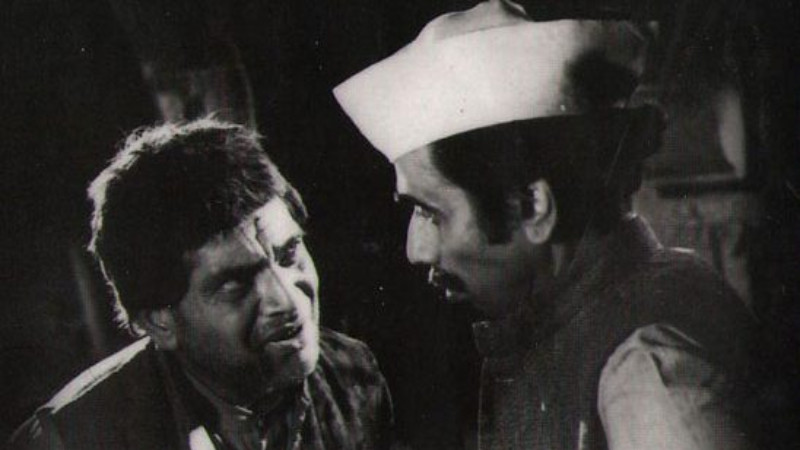
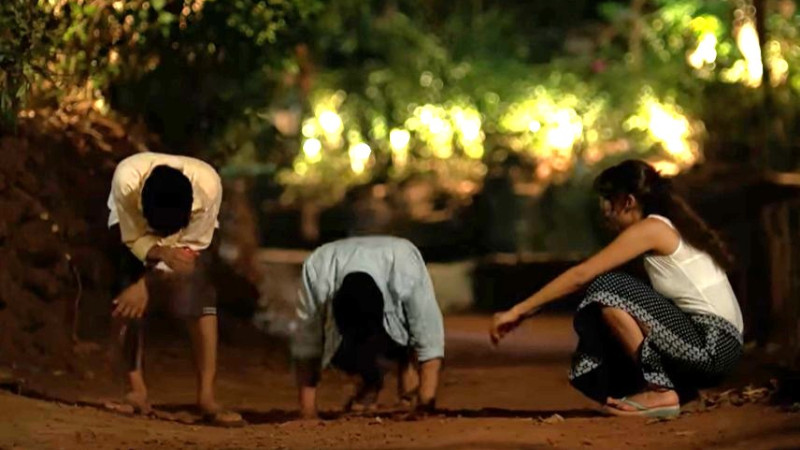
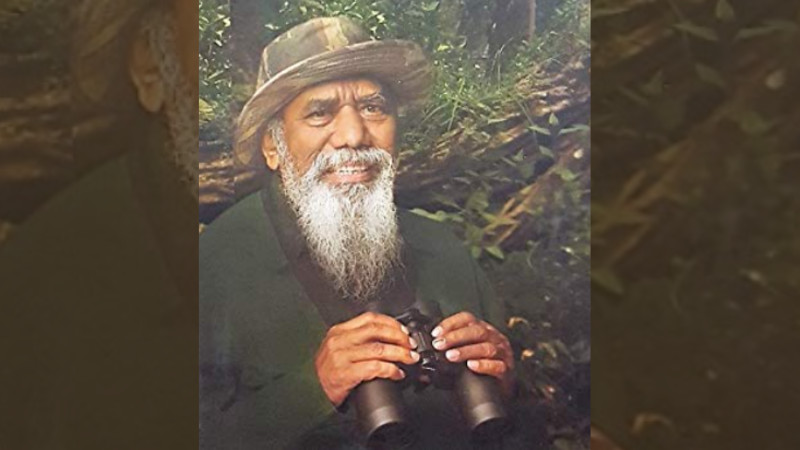
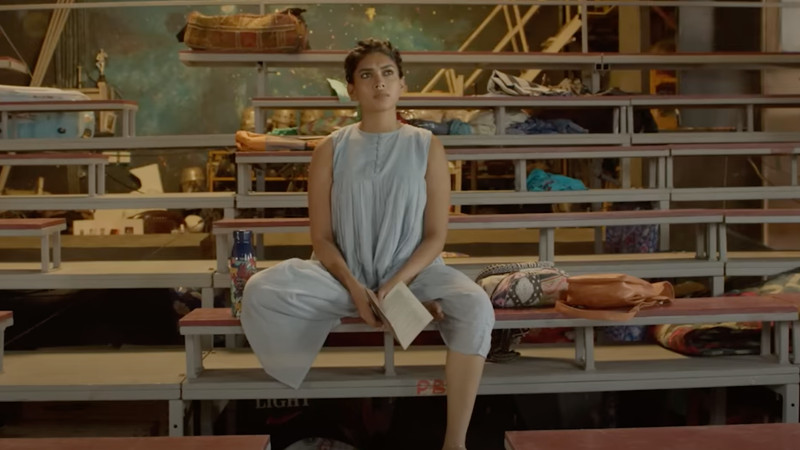

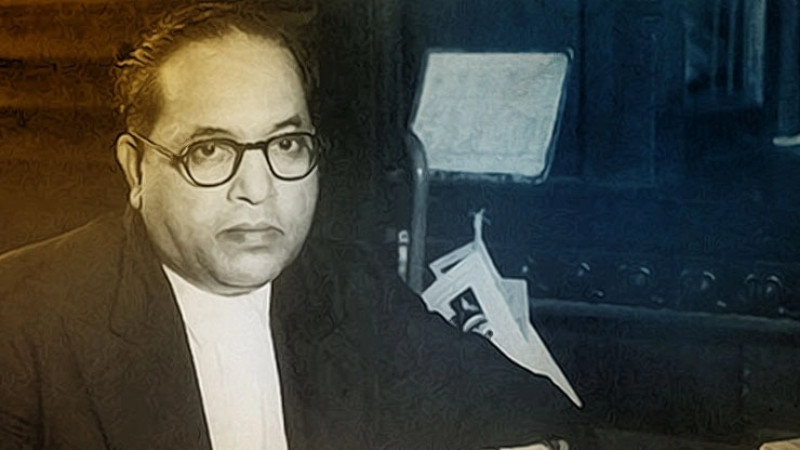
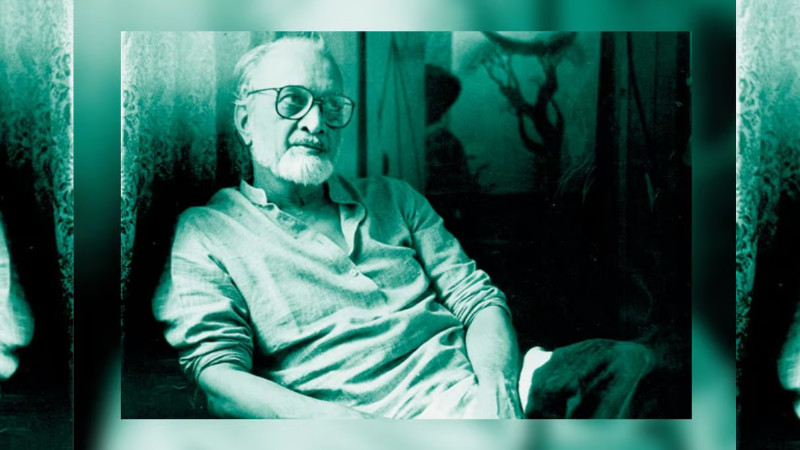
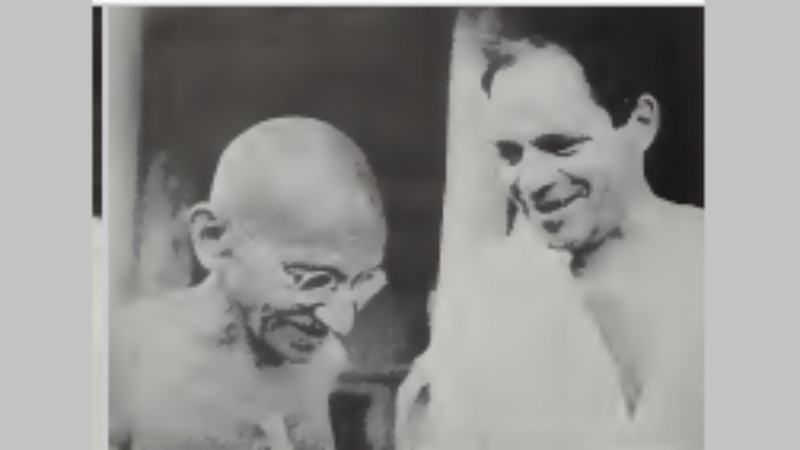
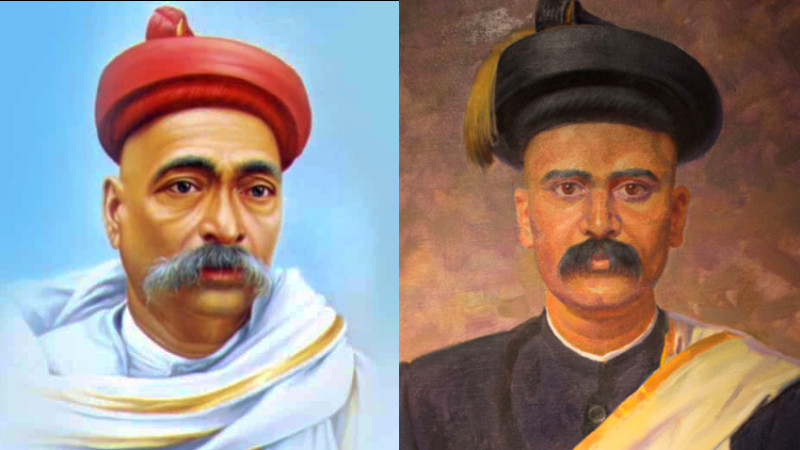
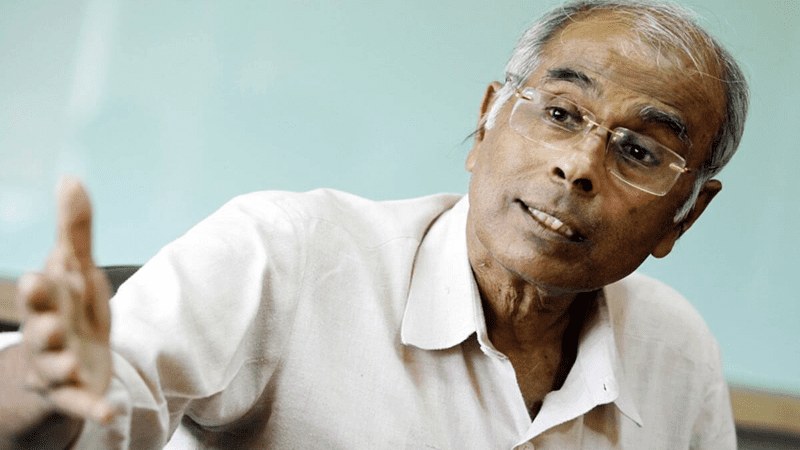
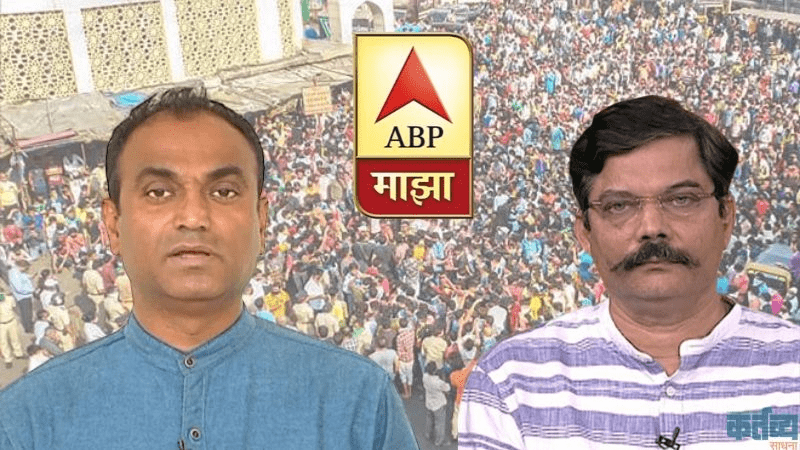
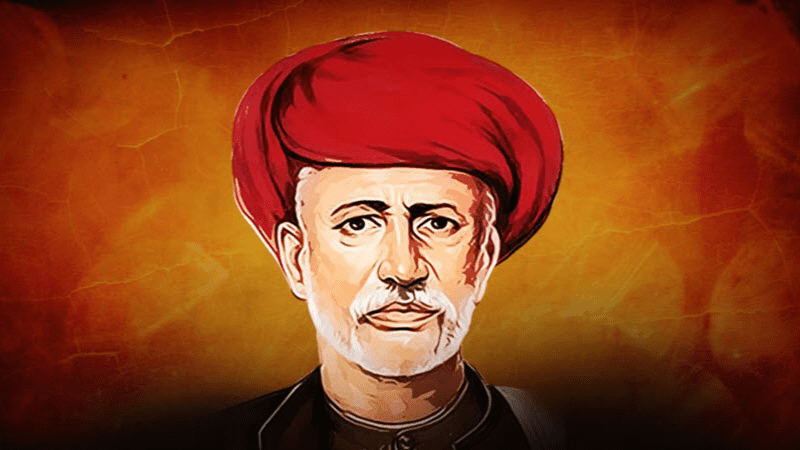

























Add Comment